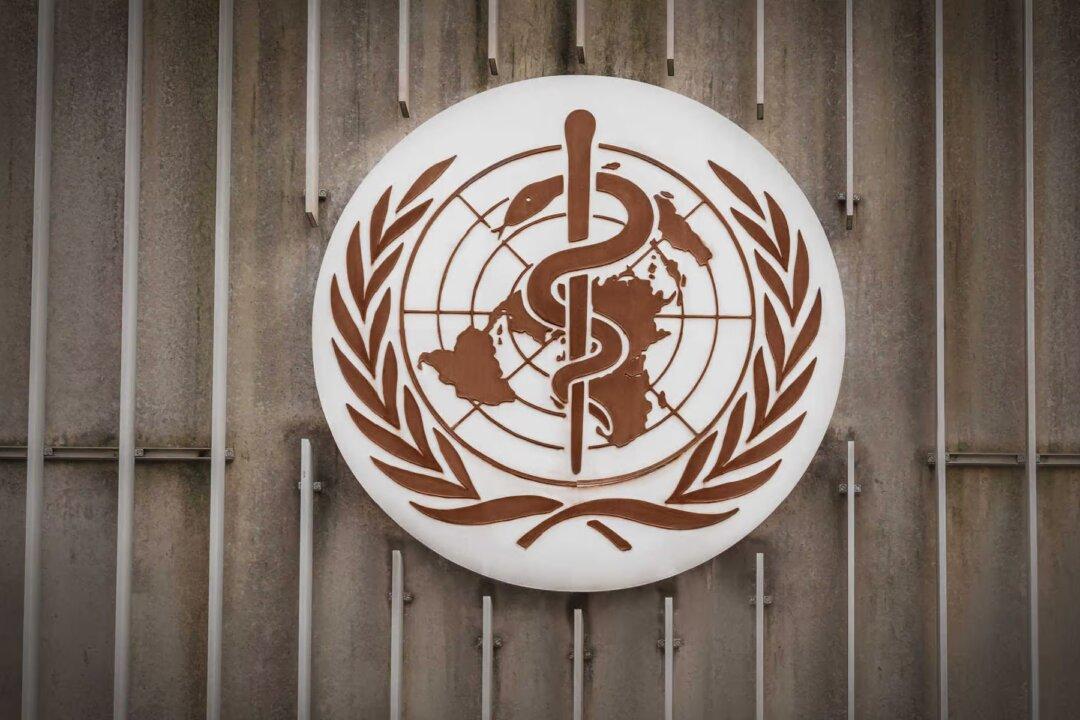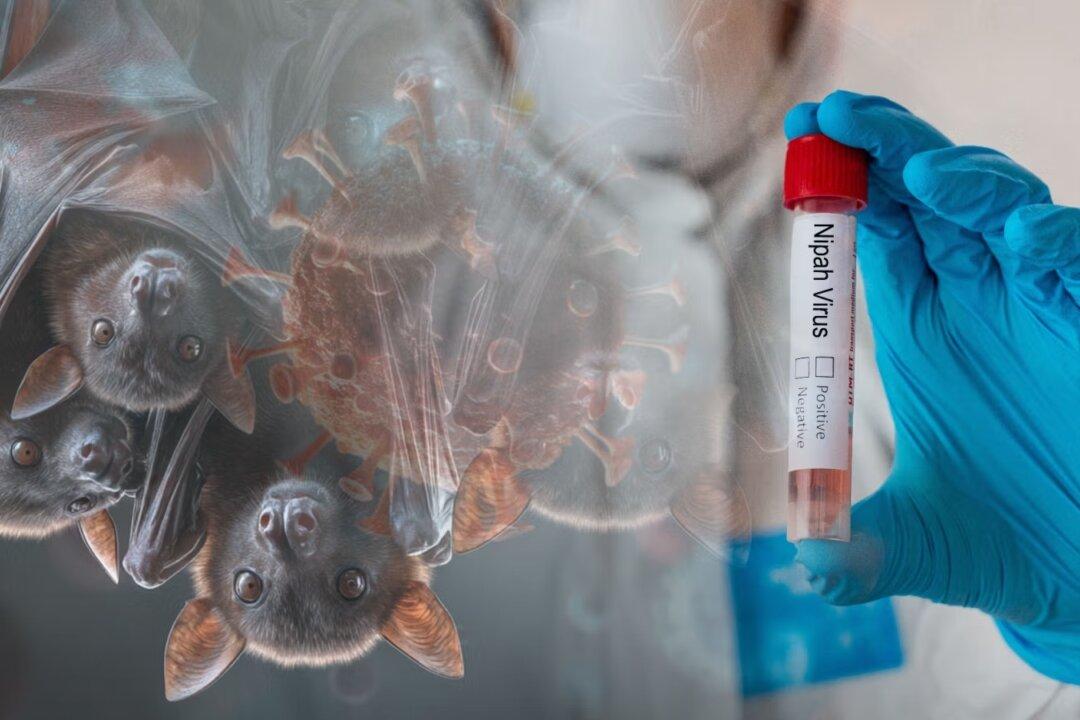Commentary
The director-general of the World Health Organization (WHO) reassures us that WHO’s “pandemic accord” (or “treaty”) won’t reduce the sovereignty of WHO’s member states. WHO trusts that these words will serve as a distraction from reality. Those driving the perpetual health emergency agenda are planning to give the WHO more power and states less. This will happen whenever WHO designates a “Public Health Emergency of International Concern,” or decides that we may be at risk of one.





